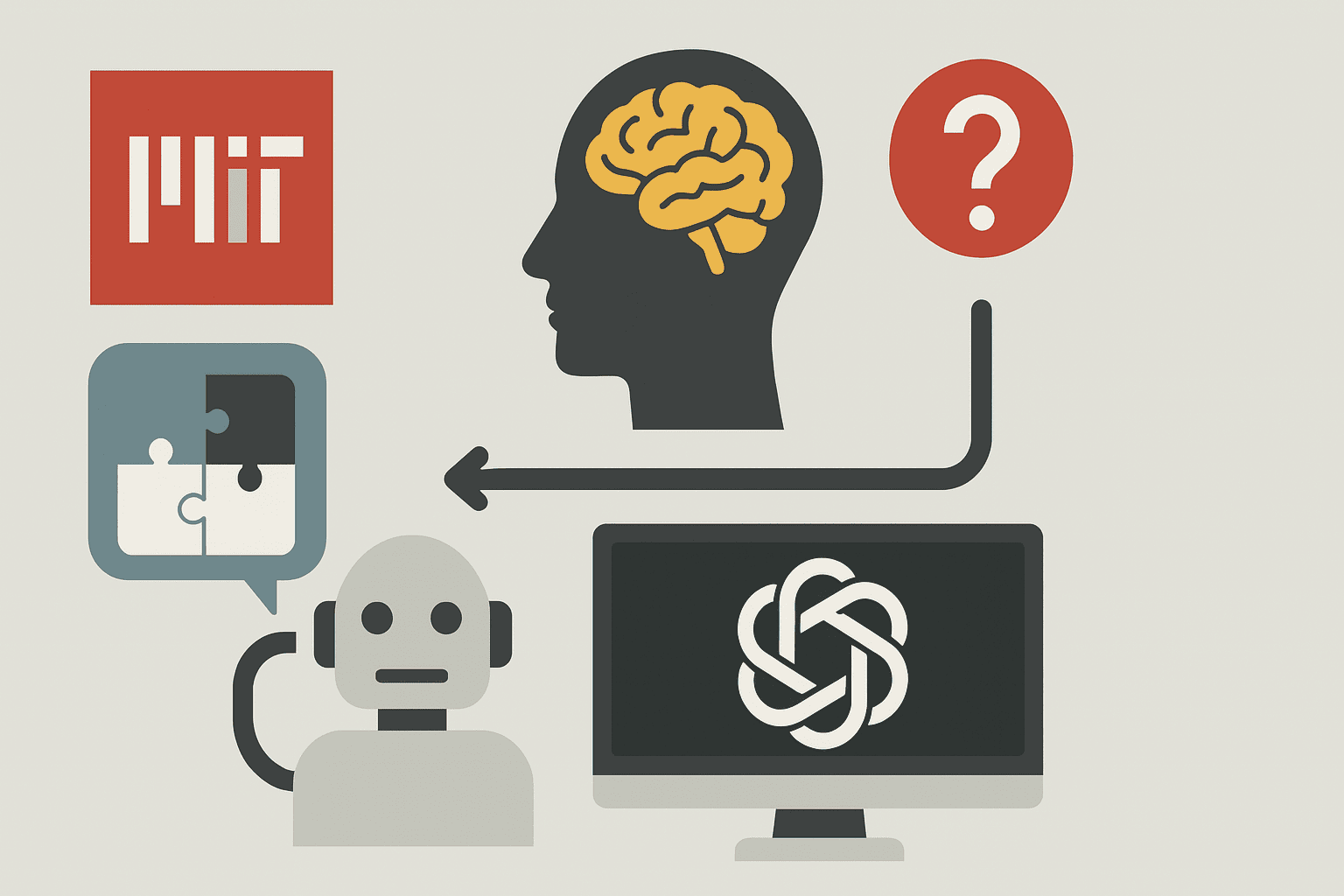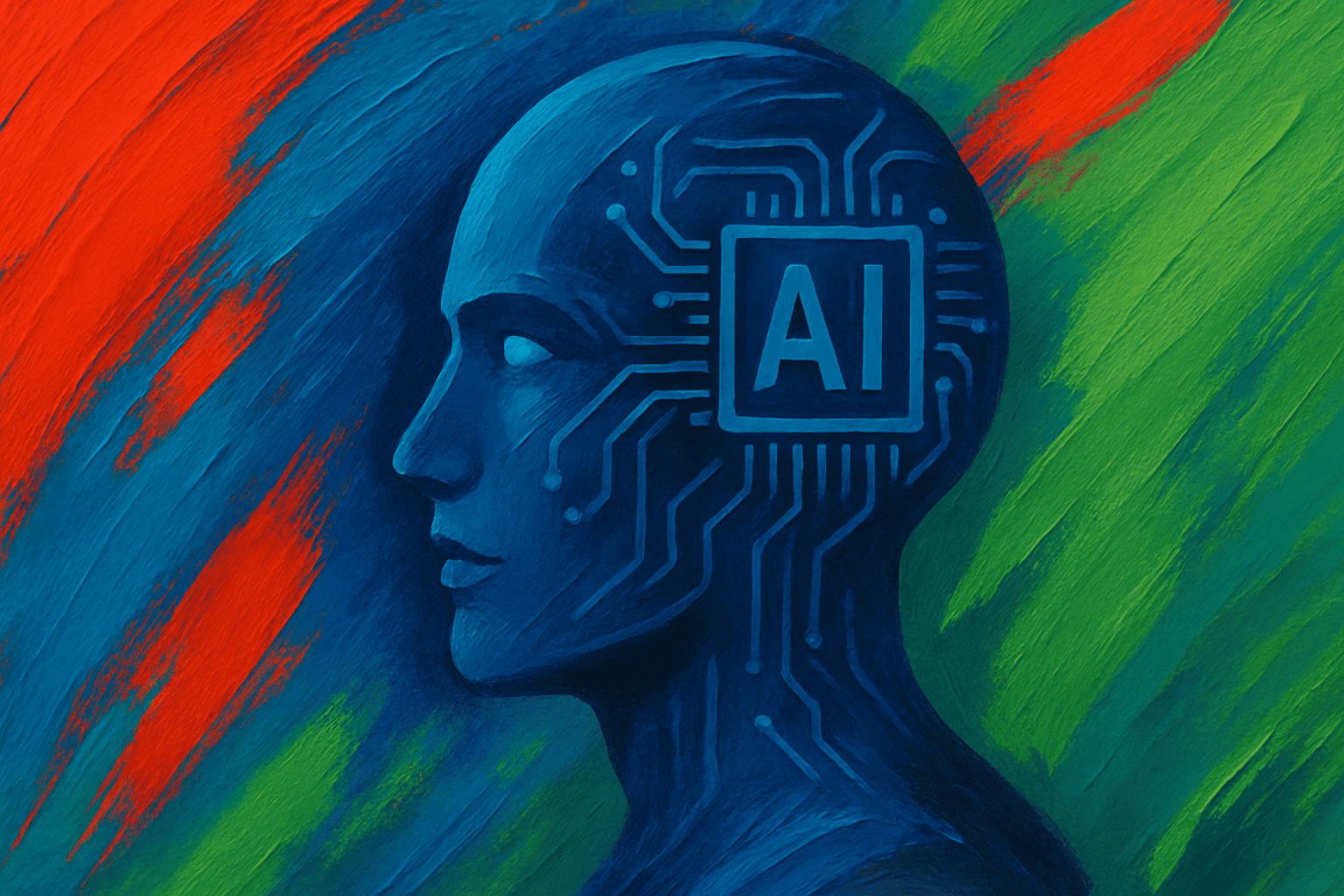“The AI helps them take care of more patients in the same amount of time, increasing their efficiency,” said Dr. David Reich, renowned geneticist and President of Mount Sinai Hospital in New York, during an interview with India’s NDTV. In the conversation, Reich discussed about the crazy potential of AI in disrupting India’s healthcare system. His vision of AI as an enabler — not a replacement — promises us a future where technology and human expertise merge to tackle India’s vast healthcare challenges.
Reich’s experience in New York provided a compelling blueprint for how AI can enhance healthcare delivery. He mentioned the development of clinical decision support tools, which have already shown success in improving patient care by ensuring that the right medical team reaches the right patient at the right time.
“For example, we have a list every day that we use and generate from our artificial intelligence algorithm that sends dietitians to the patients in the hospital that are most likely to have malnutrition,” said Reich. This targeted approach, he argued, is crucial for a country like India, where resource allocation and timely intervention are often critical.
India’s healthcare landscape, with its unique challenges, offers fertile ground for AI-driven innovation. Reich acknowledged that while the problems in India and the US differ, the potential for AI to make a significant impact is undeniable.
“What I see as a tremendous opportunity here in India is to use AI to develop tools for the delivery of care to the population at large,” he said. The widespread adoption of smartphones and internet access in India’s rural areas could facilitate this shift, bridging the gap between urban and rural healthcare services.
The fusion of AI and human expertise is not without its nuances. Reich underlined the importance of maintaining the role of trained professionals in the decision-making process. He reflected on emerging AI tools that assist doctors by documenting patient interactions and even suggesting potential diagnoses.
“It’s helping the doctor or the nurse do a better job,” said Reich, underscoring the idea that AI serves as an augmentation rather than a replacement of human intelligence in medicine.
As India’s population continues to grow, Reich’s opinion offers a plan for how AI could be used to meet the country’s burgeoning healthcare needs. His vision is clear: “We’ll never have enough doctors or nurses for a population that large, so what we need to do is extend the capabilities of those doctors and nurses to care for more patients using the technology.”






